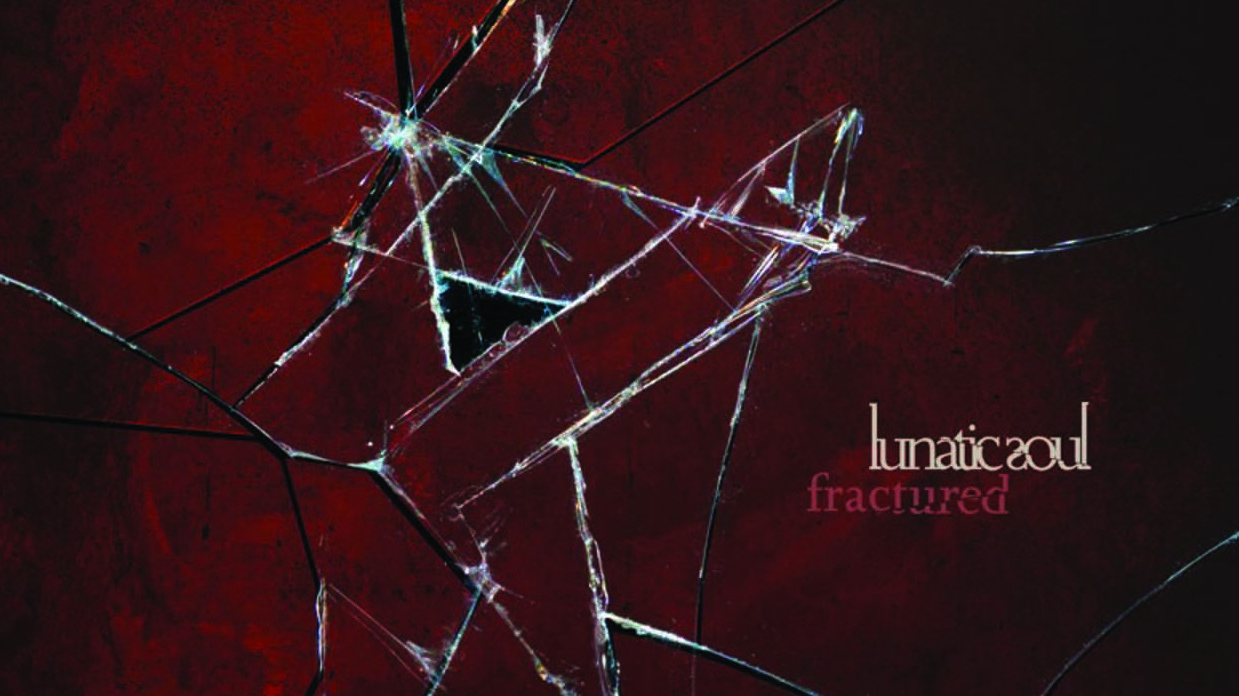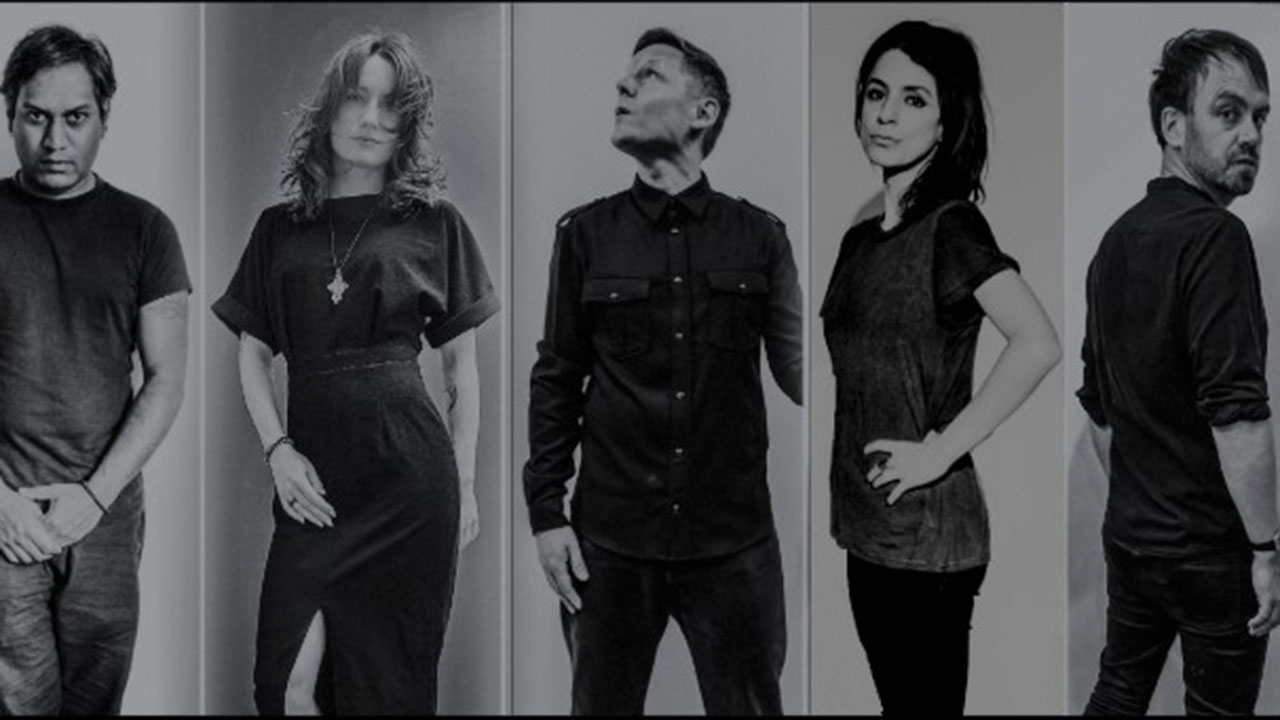You can trust Louder
In between making the last four four albums with Riverside, Mariusz Duda has been even busier with his less rock-oriented solo project Lunatic Soul, and this fifth album in nine years would appear to be a welcome distraction from the band that made his reputation, given recent events.
Fractured is said to be inspired by “coming back to life after a personal tragedy”. We’re bound to presume that this is a reference to the sudden death of Duda’s Riverside bandmate Piotr Grudzi ski last year, but perhaps things aren’t quite that simple, as there seems to be a broader internal turmoil informing the introspective, melancholy mood of this record. Either way, a more accessible blend of sounds dominates these 55 minutes, compared to the ambient, electronica-influenced diversions of 2014’s Walking On A Flashlight Beam. Anymore has a beautifully plaintive, Talk Talk-ish vibe as Duda pleads, ‘You don’t talk to me any more,’ over a brooding synthscape and some Annie Lennox-like yelps of emotional frustration. Blood On The Tightrope seems to deal more with our desire to shut out trauma and survive via fruitless attempts to avoid our darkest thoughts, but its neurotic polyrhythms place us back in more obviously prog territory.
Then more ambiguous shadows fall over proceedings. The acoustic lament that opens Crumbling Teeth And The Owl Eyes sees the protagonist wishing he could channel his sleeping child’s innocent bliss. But there are hints of something more menacing, as he voices a need to ‘steal a part of your childish innocence’, which could be taken either as a desperate clinging to a source of happiness or something much, much darker.
The desperate breaths and drowning gasps for air that dominate the vocal in the latter part of the song add an extra edge of claustrophobic panic to the piece, and the accompaniment of the Sinfonietta Consonus Orchestra enhances the palpable atmosphere considerably.Red Light Escape’s whispering, nervous vocal delivery, interspersed with fragile, emotive crooning, centres around another skin-crawling arpeggio motif that seems to be echoed in the mostly instrumental title track that follows it.
But the overriding theme is cemented within – one of feeling imprisoned by your own emotions and yearning for release, whether through music, intoxication or romantic validation. We can only hope the creation of this album has aided Duda’s healing process and provided some of the catharsis he refers to. That’s the least he deserves to take from music, considering the pleasure he gives his listening public.
Johnny is a regular contributor to Prog and Classic Rock magazines, both online and in print. Johnny is a highly experienced and versatile music writer whose tastes range from prog and hard rock to R’n’B, funk, folk and blues. He has written about music professionally for 30 years, surviving the Britpop wars at the NME in the 90s (under the hard-to-shake teenage nickname Johnny Cigarettes) before branching out to newspapers such as The Guardian and The Independent and magazines such as Uncut, Record Collector and, of course, Prog and Classic Rock.


